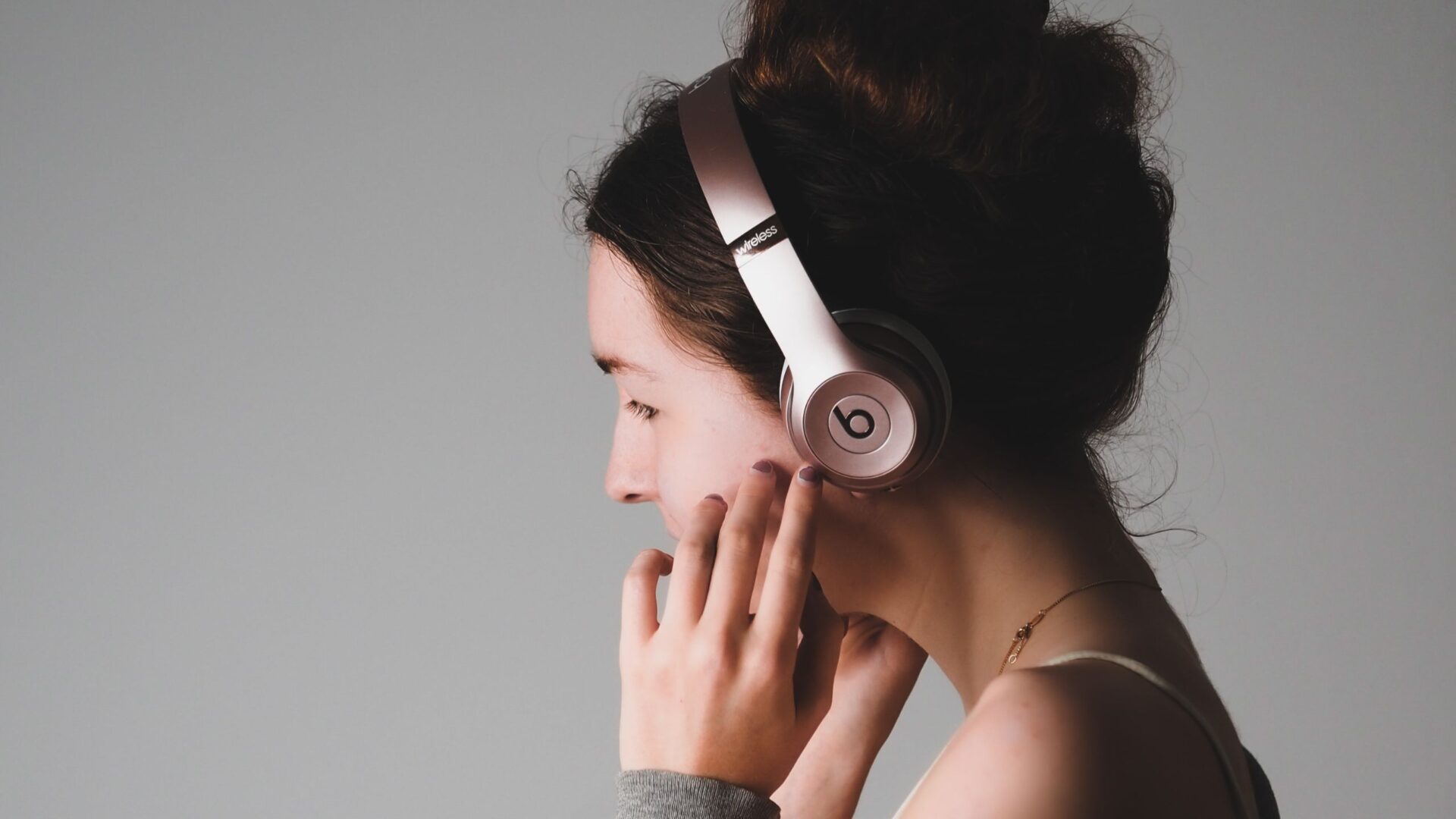The Harmonious Connection of Music, Brain, Memory, and the Power of Emotions
The relationship between music, the brain, and memory development is a fascinating exploration of the human experience. The movie “Hair” depicted the therapeutic power of music, highlighting its potential as a memory-enhancing tool. From this we can understand the profound influence of music on the brain, memory, and emotions, encompassing both its ability to evoke joy and sadness and its historical connections to heavenly and devilish realms.
The Emotional Power of Music
Music is a potent conveyor of emotions. Sad music can induce feelings of melancholy or fear or even suicide, while happy melodies can trigger joy and euphoria. This emotional resonance occurs through the activation of neural pathways, engaging regions associated with mood and memory.
Music as Therapy
As portrayed in “Hair,” music therapy is a powerful tool in psychological and emotional healing. From that, you can see that It helps individuals cope with trauma, manage stress, and alleviate symptoms of mental health conditions. Because of that memories are unlocked through music, as well as emotions are processed, and healing facilitated.
The Connection to Heaven and Lucifer
Historically, music has been linked to heavenly realms. In addition, Lucifer, before his rebellion, is said to have been the head of worship in heaven, filled with musical instruments. This connection underscores music’s spiritual and emotional significance. The devilish music that emerged post-rebellion represents the dual nature of music. So it is capable of both elevating and disturbing the human spirit. Or even invoke demons in ancestral worship, in primitive African drum animism, witchcraft, or woo-doo. Because the Native Americans knew this, the use of peyote cactus and rhythmic drums was used to open one mind and perception. Jim Morrison acted on this teaching and his concerts of the musical band The Doors were one big ritual of demonic gathering.
The Role of Memory
Music’s impact on memory is profound. Melodic patterns and rhythms enhance memory encoding and retrieval. Songs often evoke vivid memories, connecting us to past experiences and emotions. This mnemonic power is harnessed in therapies for memory disorders and cognitive enhancement.
Memory Enhancement through Music
Music engages multiple brain regions, stimulating memory functions. Research shows that listening to music can improve memory retention and recall. Melodic patterns and rhythms facilitate the encoding and retrieval of information. This cognitive stimulation aids in memory development.
Music and Brain Plasticity
Music fosters brain plasticity, enhancing neural connections. Afterward, learning to play an instrument, for example, reshapes brain structures. Consequently, music education in early life positively impacts cognitive abilities, including memory.
Therapeutic Effects of Music
In “Hair,” musical therapy was depicted as a powerful tool. Music therapy is recognized for its ability to alleviate mental health issues, including anxiety and depression. Based on that we know that it enhances memory recall in individuals with cognitive impairments.
The Role of Neurotransmitters
Music triggers the release of dopamine, a neurotransmitter linked to pleasure and memory. So, this neurochemical response reinforces the connection between music, emotion, and memory. In addition, it underpins the therapeutic potential of music.
Music in Alzheimer’s Care
In Alzheimer’s disease, music therapy can evoke forgotten memories and emotions. So music can offer solace and promote social interaction. Next, care facilities utilize music to improve the quality of life for Alzheimer’s patients.
Music as a universal language
Firstly, music is a universal language that transcends boundaries, connecting with our deepest emotions and memories. Second, its ability to evoke joy and sadness, its therapeutic potential, and its historical associations with heavenly and devilish realms underscore its significance in human culture. Thirdly, we can explore the interplay between music, the brain, memory, and emotion, we gain a deeper appreciation for this art form’s profound impact on the human experience.
Cognitive behavioral music therapy (CBMT)
This approach combines cognitive behavioral therapy (CBT) with music. In CBMT, music is used to reinforce some behaviors and modify others. This approach is structured, not improvisational, and may include listening to music, dancing, singing, or playing an instrument.



